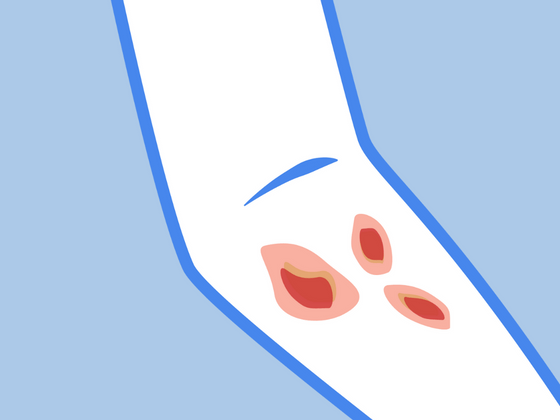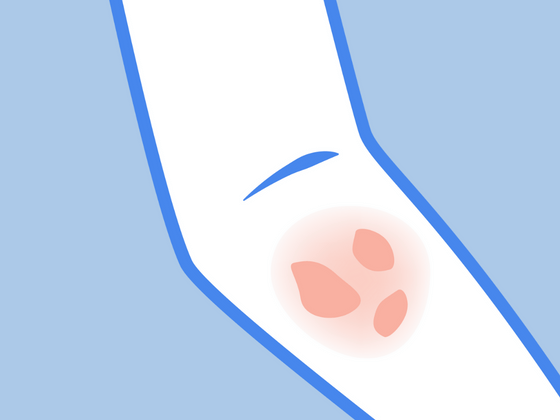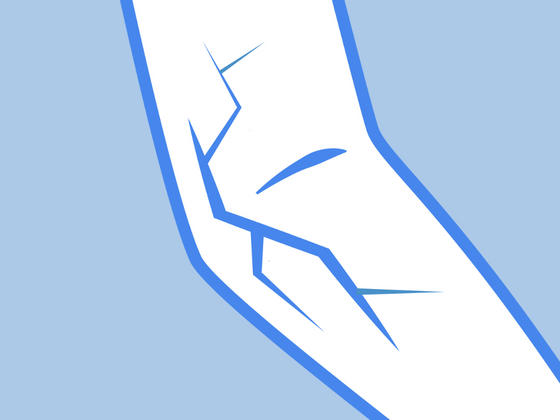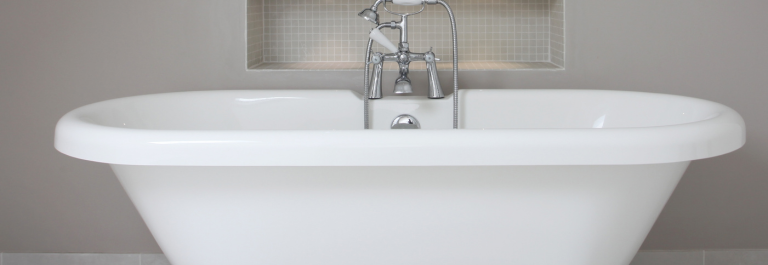Ouch! Are you suffering from a painful or sensitive scalp? A common problem, symptoms can range from mildly tender to super uncomfortable, and can be caused by many things, from tight hairstyles to underlying skin conditions like scalp psoriasis or folliculitis. For many of us, a painful scalp can get in the way of daily life and overall happiness.
In this post, we'll cover everything you need to knowirritated skin about a painful scalp, including:
-
The underlying causes (skin conditions and lifestyle)
-
Common scalp symptoms and signs, such as scaly patches, inflammation, and sensitivity
-
Natural ways to soothe scalp discomfort.
Read on to learn more about scalp sensitivity and what you can do about it.
Common Causes of Scalp Pain and Sensitivity
The scalp is home to a network of nerves, hair follicles, and blood vessels, making it highly sensitive to irritation. Here are some common reasons you might have a tender or uncomfortable scalp:
Skin Conditions
Scalp psoriasis, seborrheic dermatitis, and eczema cream conditions often cause an inflamed and painful scalp. These conditions can cause a buildup of skin cells, forming scaly patches that can itch, burn, or feel tender.
Tight Hairstyles and Headgear
Hairstyles that pull on the scalp, like ponytails or braids, can cause scalp pain and even hair loss. Wearing tight hats or helmets can create pressure points that make the scalp tender in one spot.
Infections and Allergies
Fungal infections (tinea capitis), bacterial infections, and allergic contact dermatitis are common causes of scalp soreness. Additionally, allergic reactions to hair products can cause scalp irritation and tenderness. An overactive immune response or autoimmune disorders can worsen these symptoms, causing skin flaking, redness, and discomfort.
Lifestyle Factors and Stress
Using styling tools like hair dryers and tight headbands too much can irritate the scalp. Stress can also contribute to scalp conditions like psoriasis, making the scalp more sensitive.
Symptoms of a Painful Scalp
Those with a painful scalp may experience various symptoms, including:
-
Scalp Tenderness: Pain in one spot or all over the scalp.
-
Burning Sensation: Some people feel a burning or tingling sensation, especially if the skin is inflamed.
-
Skin Flaking and Itching: Scalp psoriasis and eczema can cause skin flaking and intense itching.
-
Visible Symptoms: Scaly patches, redness, and even fluid-filled blisters can appear on the scalp due to an underlying skin condition or infection.
Natural Ways to Treat Scalp Tenderness
If you have scalp eczema or other chronic skin conditions, natural remedies can be a gentle way to reduce scalp discomfort and manage symptoms. Here are some options:
Emily Liquid Soap Soother
This Emily Liquid Soap Soother is a gentle shampoo for sensitive or eczema-prone skin. Made with a blend of Chinese herbs, it reduces inflammation, soothes irritated skin, and cleans the scalp without harsh chemicals that can irritate sensitive skin. A gentle shampoo like this will minimize scalp irritation, support healthy cells, and reduce discomfort.
Organic Aloe Vera for Eczema Skin Soothing Spray
Did you know aloe vera is more than just a pretty house plant? Known for the soothing and anti-inflammatory properties in the gel, aloe vera provides cooling relief for a burning sensation. Thanks to its non-greasy formula, we love this Organic Aloe Vera for Eczema Skin Soothing Spray for itchy scalp relief. It's a natural, non-irritating way to manage symptoms of any itchy skin condition, including severe scalp psoriasis.
LomaLux Eczema Spray
LomaLux Eczema Spray is a topical spray for eczema and sensitive scalp issues. Free from alcohol, bleach, and harsh chemicals, dermatologists love it for its skin-healing prowess. Safe to use as part of your daily scalp care routine, it provides relief from the itching and discomfort of eczema and scalp folliculitis.
More Tips to Reduce Scalp Pain and Sensitivity
Apart from using natural products, you can incorporate a few other practices to reduce scalp discomfort:
Avoid Tight Hairstyles
Let your hair rest from tight styles that pull on the hair follicles and scalp. Instead, opt for loose hairstyles to prevent tenderness and potential hair loss.
Gentle Shampooing
Use a gentle shampoo specifically designed for sensitive skin, and consider using detergent for sensitive skin on clothing and bedding, avoiding harsh chemicals or fragrances that can aggravate scalp pain.
Manage Stress
Stress management techniques like deep breathing, yoga, or light therapy can help chronic skin conditions by reducing tension and calming an overactive immune system.
Limit Heat Exposure
Avoid frequent use of heat styling tools or hot water on the scalp, as this can increase scalp sensitivity. Allow hair to air dry when possible.
Soothe your Tender Scalp Today
Understanding the causes, recognizing symptoms, and integrating gentle, natural treatments into your routine can help you reduce scalp discomfort, find relief, and maintain a healthy scalp.











